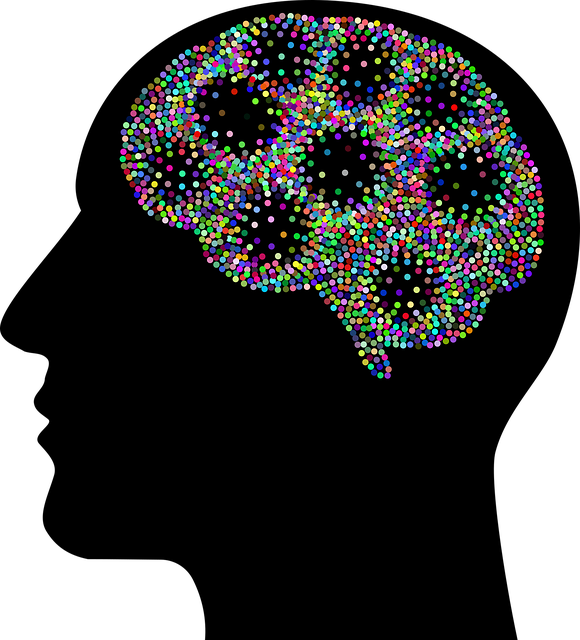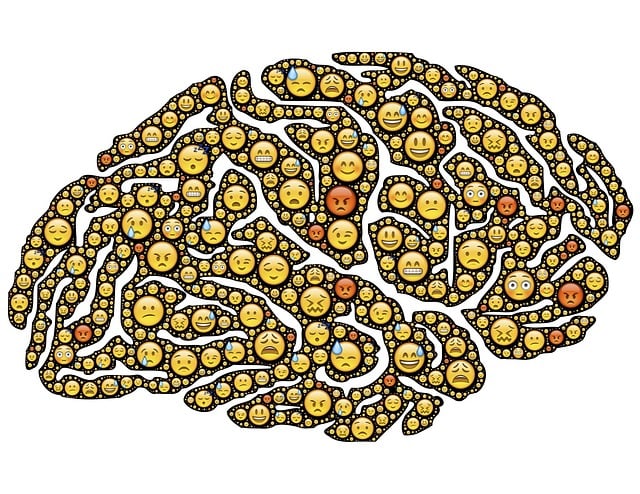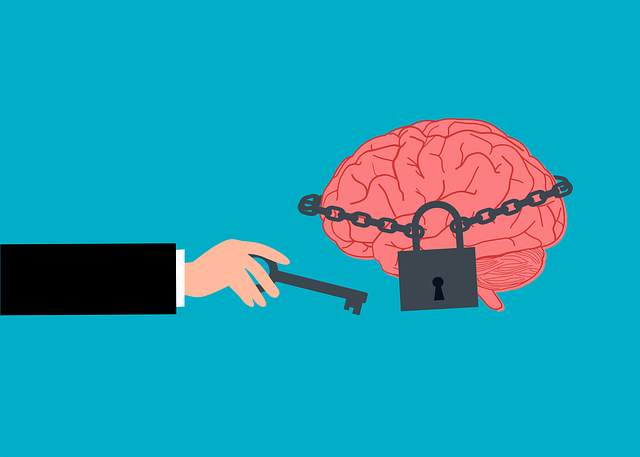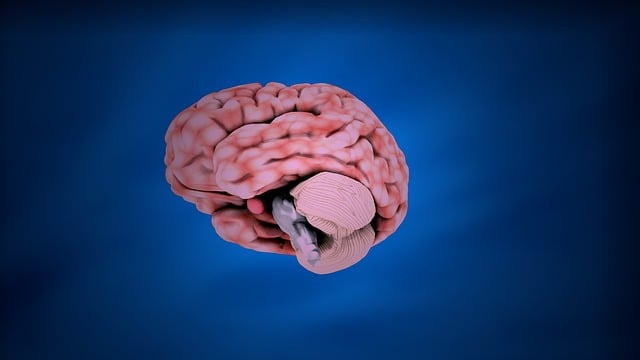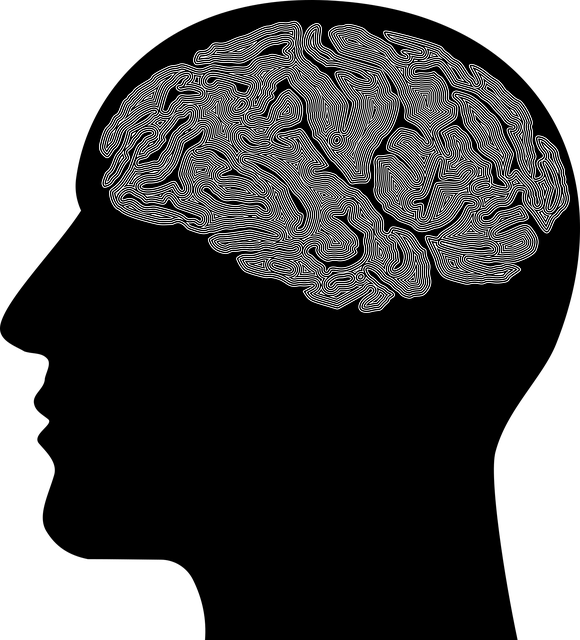Depression, a serious mental health disorder characterized by persistent low mood and loss of interest, requires early detection and specialized therapy like that offered in Highlands Ranch. Professionals at Highlands Ranch Dissociative Disorder Therapy identify causes ranging from genetics to trauma and environmental stressors. Early intervention through awareness campaigns, therapy, support groups, and mindfulness meditation is key to prevention. Adopting healthy habits, techniques for emotional stability, and building a strong support network significantly reduce risk of depression. Highlands Ranch therapy provides tools for self-awareness, coping mechanisms, and positive thinking to proactively manage emotional well-being.
Depression is a prevalent yet profound mental health challenge, impacting millions worldwide. In this comprehensive guide, we explore powerful prevention strategies to empower individuals in Highlands Ranch seeking mental well-being. From recognizing early signs and symptoms to adopting lifestyle changes, therapy’s role, and building support networks, these approaches offer hope and resilience. Discover actionable steps to enhance your mental health journey, inspired by expert insights tailored to the unique needs of our community.
- Understanding Depression and its Impact
- Identifying Early Signs and Symptoms
- Lifestyle Changes for Better Mental Health
- The Role of Therapy in Prevention
- Building a Supportive Network
Understanding Depression and its Impact

Depression is a complex mental health disorder that significantly impacts an individual’s daily life and overall well-being. It goes beyond temporary feelings of sadness or loneliness, characterized by persistent low mood, loss of interest in activities once enjoyed, and a range of physical and cognitive symptoms. In Highlands Ranch Dissociative Disorder Therapy settings, professionals focus on identifying the underlying causes, which can vary widely from person to person. Factors contributing to depression include genetic predisposition, brain chemistry imbalances, traumatic life events, chronic illnesses, and environmental stressors.
Understanding depression as more than just a fleeting emotion is crucial in preventing and managing it effectively. The impact of this disorder extends beyond the individual, affecting relationships, work performance, and overall quality of life. By recognizing the signs early on, individuals can access vital support systems and evidence-based practices like compassion cultivation and inner strength development, which are part of emotional healing processes. These strategies empower people to navigate their mental health journey with resilience.
Identifying Early Signs and Symptoms

Recognizing the early signs of depression is a vital step in prevention. Many individuals may experience subtle changes in their mood and behavior that, left unaddressed, could escalate into more severe symptoms. In Highlands Ranch, dissociative disorder therapy has proven effective in identifying these initial indicators. Common early signs include persistent feelings of sadness, loss of interest in activities once enjoyed, changes in appetite or sleep patterns, fatigue, difficulty concentrating, and sentiments of worthlessness or guilt. Recognizing these can be a game-changer, as early intervention often leads to better outcomes.
Public awareness campaigns play a crucial role in educating people about mental health, fostering an environment where individuals feel comfortable discussing their struggles. Inner strength development through therapy and support groups empowers people to navigate challenging emotions. Additionally, practices like mindfulness meditation have gained prominence as preventive tools, helping individuals cultivate self-awareness and emotional resilience.
Lifestyle Changes for Better Mental Health

Adopting a healthier lifestyle can significantly impact mental well-being and depression prevention. In Highlands Ranch Dissociative Disorder Therapy, professionals often emphasize the role of daily habits in managing mental health. Simple changes like regular exercise, a balanced diet rich in nutrients, and sufficient sleep can work wonders for improving mood and overall resilience. These foundational aspects of self-care help regulate brain chemistry, enhancing emotional stability and reducing the risk of depressive episodes.
Additionally, incorporating stress management techniques, such as mindfulness meditation or yoga, into daily routines can foster emotional healing processes. Conflict Resolution Techniques and Mental Illness Stigma Reduction Efforts also play a crucial role in supporting mental health. By learning to navigate challenges with healthy coping mechanisms, individuals can better manage stressors that may contribute to depression. Through these holistic lifestyle changes, one can create a more balanced and resilient mindset, promoting long-term well-being.
The Role of Therapy in Prevention

In the quest for depression prevention, therapy plays a pivotal role, offering a safe space to explore and address underlying issues. Highlands Ranch dissociative disorder therapy, for instance, is highly effective in helping individuals manage and overcome specific mental health challenges that can contribute to depressive episodes. This form of therapy provides specialized techniques tailored to navigate complex psychological states, fostering a sense of stability and emotional well-being.
Beyond direct treatment for depression, incorporating practices like mindfulness meditation and cultivating positive thinking can significantly enhance overall mental health awareness. Therapy can guide individuals in integrating these strategies into daily life, thereby strengthening their resilience against depressive symptoms. By promoting self-awareness, coping mechanisms, and a more positive outlook, therapy empowers people to proactively manage their emotional health, preventing the onset or exacerbation of depression.
Building a Supportive Network

Building a robust support network is an essential strategy in preventing and managing depression. In Highlands Ranch Dissociative Disorder Therapy, this involves fostering meaningful connections with family, friends, and community members. Empathy-building strategies can help strengthen these bonds, creating a safe space for individuals to express their feelings without judgment. By encouraging open communication and active listening, loved ones can provide the emotional support needed to combat isolation, a common trigger for depression.
Community outreach program implementation plays a significant role in this process. Such initiatives connect people with like-minded individuals, fostering a sense of belonging and reducing feelings of loneliness. These programs often offer various activities and support groups tailored to different needs, promoting social interaction and boosting confidence. Through these connections, individuals can access resources, gain insights from others’ experiences, and develop coping mechanisms, ultimately strengthening their resilience against depression.
In tackling depression prevention, a multifaceted approach proves most effective. By understanding depression’s impact and identifying early signs, making positive lifestyle changes, engaging in therapy, and building a supportive network, individuals can proactively manage their mental health. For those in Highlands Ranch seeking specialized support, dissociative disorder therapy offers a proven path to healing and well-being. Remember, proactive measures can make all the difference in preventing and managing depression.
